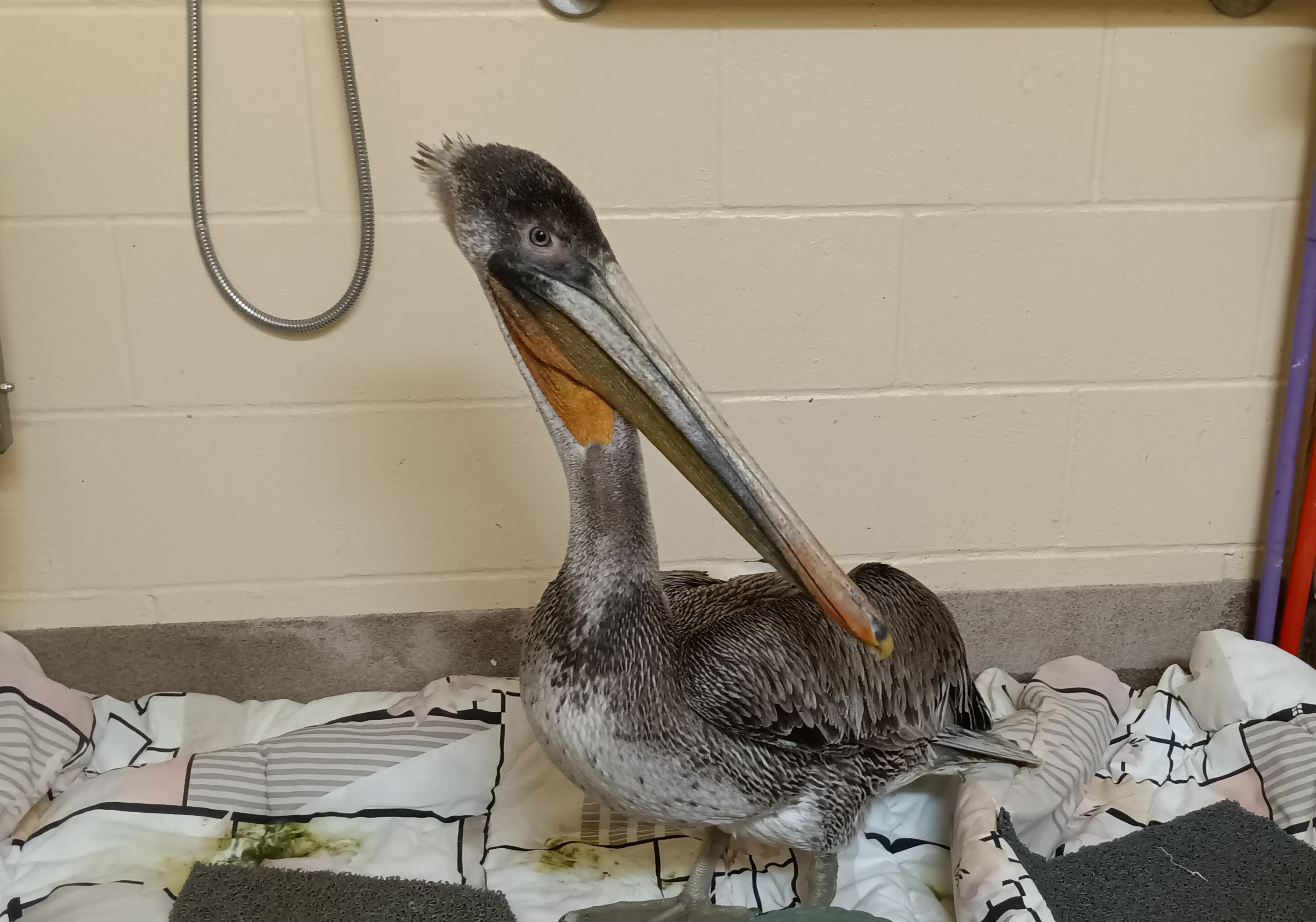It's a common response to research studies out of UC Berkeley.
"Well the thing was done at Cal, so it has to be biased."
In an ironic twist, Cal has just done a study proving that is a common reaction.
A recent Cal study shows that when people learn about research findings that conflict with their own beliefs about politically controversial topics, they not only doubt the conclusions, but also question the researcher's objectivity.
"Findings that support our political beliefs are seen as objective facts about the world," said Robert MacCoun, a Cal professor of public policy, law and psychology. "But study outcomes that conflict with our views are more likely to be seen as expressions of an ideological bias by the researcher."
The researchers calls it an "attitude attribution" effect.
MacCoun's study will be published in the February issue of the journal Political Psychology and already is online here.
Local
"Our findings raise concerns about how social science researchers are seen by the public," said MacCoun. "Because researchers' ideological views are supposed to be irrelevant to their empirical results, even partial support for the attitude attribution effect is impressive and troubling."
How They Came to Their Conclusion:
MacCoun's experiment was embedded in a telephone survey conducted in 2003 with 1,050 randomly selected California adults.
It tested for several psychological biases, including naïve realism (where people believe others with different beliefs are not reality-based) and attitude attribution (where study findings are attributed to motives, traits and politics rather than facts).
Survey participants were told about a hypothetical study on one of four politicized topics.
Two of the topics - gun control and medical marijuana,- involved policy generally more favored by liberals and Democrats.
Two other topics - school vouchers and the death penalty - included study outcomes more likely to be supported by conservatives and Republicans.
Capital punishment and medical marijuana are part of California's legal status quo, while gun control and school voucher proposals have met with less law-making success.
A fifth hypothetical study involving nutrition advertising was used to establish a relatively nonpolitical baseline.
Participants were asked how surprised they were by the study findings, how believable they found the conclusions, and about the political views and motives of the study's author.
They also were asked about their own attitudes about the study topics and about their personal politics and affiliations.
More than half (56 percent) of the participants in MacCoun's study speculated about the imaginary researcher's politics and were almost twice as likely (21 percent) to assume the author to be liberal as they were to infer conservatism (12 percent).
Social scientists are, in fact, more likely to report being liberal than conservative, but MacCoun noted that study participants brought up this fact selectively and that conservatives were most likely to cite the author's liberalism when they didn't like a finding.
Besides being more skeptical about findings that contradicted prior beliefs, survey participants - especially those with conservative beliefs - tended to attribute studies with liberal findings to liberal researchers.
They were less likely to conclude that conservative findings were due to a researcher's conservatism.
In a 24-hour news cycle world where the general public - and even politicians and policymakers - rely on quick headlines, snapshots and commentators' "punch lines," policy researchers writing up their findings need to be sensitive to this suspicion and work harder to develop trust, said MacCoun.
Whether research is biased is a valid question, MacCoun said, acknowledging that he has encountered the raised eyebrow and knowing winks even from colleagues within academia.
When he published research about decriminalizing marijuana and co-authored the book "Drug War Heresies: Learning from Other Vices, Times and Places," he said he interpreted chuckles and knowing looks as signals that others thought he smoked pot.
When MacCoun's investigations showed there would be negligible adverse impact from accepting openly gay members into the U.S. military, he said he was met with not-that-subtle comments and questions that failed to disguise assumptions about his sexuality.
And when he joined UC Berkeley in 1993 after working as a behavioral scientist and policy analyst at the non-profit, non-partisan RAND think tank, he said many of his new associates automatically assumed he was a conservative because RAND is active in national security research.
"If we really want to inform citizens and affect public policy, American social scientists need to learn more about how conservatives view our research," MacCoun said, "in order to root out hidden assumptions and communicate our research more effectively."
John Boitnott is a UC Santa Barbara graduate. Go Gauchos!



